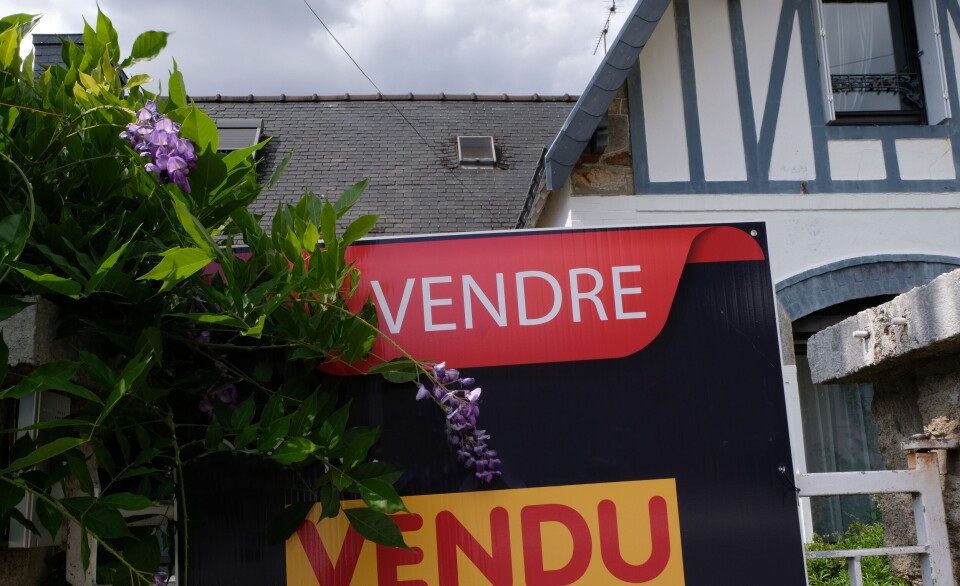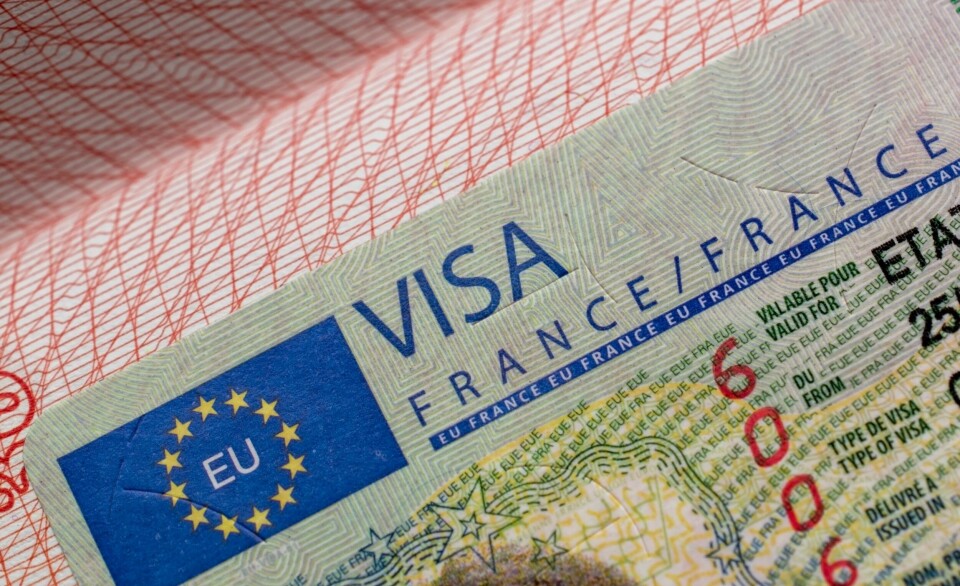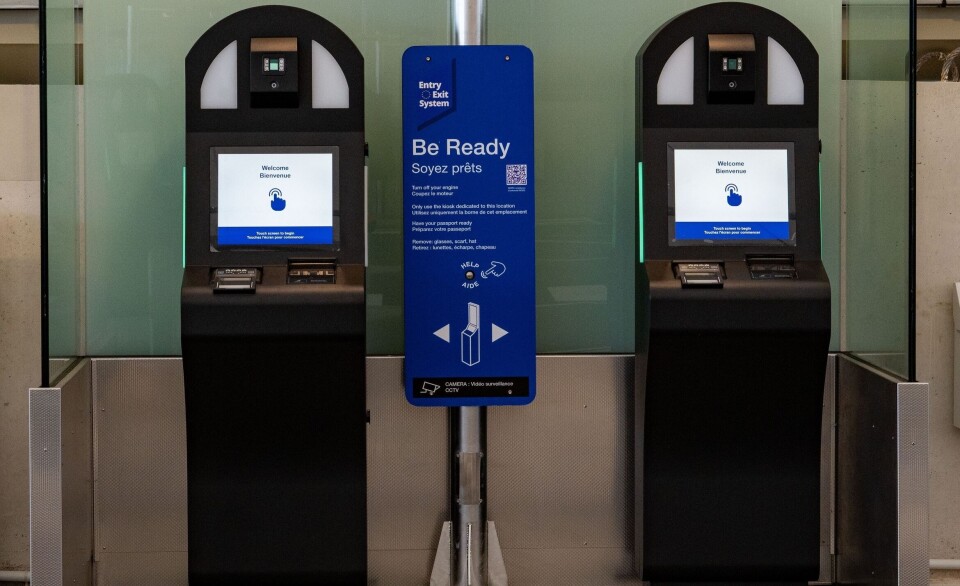-
Landlords: Take note of this French tenancy rule
If you rent out a home, watch out for locataire protégé rules
-
Reader feedback: do restaurants in France cater to gluten-free diets?
Allergens are not usually indicated on menus
-
Grand crème, café crème, au lait: how to order coffee in France?
We explain the subtle distinctions between the various terms used in cafés
What is a ‘protected tenant’ in France and how do you become one?
We explain requirements for this special status

Reader Question: I read that certain tenants can be classed as ‘protected’ making it virtually impossible for them to be evicted - is this true?
In France it is correct that elderly people can be given the status of ‘protected tenants’ (locataire protégé), depending on their housing situation and income level.
The status is designed to prevent evictions of elderly people who may then struggle to find alternative housing.
To be a protected tenant you must 1) be over the age of 65 and 2) have income lower than a certain threshold (see below).
Everyone in the household has to meet this criteria (for example both partners in a married couple) to be classed as protected tenants.
Most of the time, the status is there to protect single elderly people or elderly couples, particularly around Paris and its neighbouring areas where landlords may try to push them out so as to raise the rent.
In certain situations, people under the age of 65 can be classed as protected tenants if they live with someone over the age of 65 who meets the criteria.
A younger tenant who lives with an elderly dependent will have the status as long as the overall household income does not exceed the thresholds. Below is a table with the income thresholds from January 1, 2023
|
Number of people in household |
Income limit for those in Paris and surrounding communes* |
Income limit for those in other parts of Ile-de-France |
Income limit for those in other regions |
|
1 |
€25,165 |
€25,165 |
€21,878 |
|
2 |
€37,611 |
€37,611 |
€29,217 |
|
3 |
€49,303 |
€45,219 |
€35,135 |
|
4 |
€58,865 |
€54,154 |
€42,417 |
|
5 |
€70,036 |
€64,108 |
€49,898 |
|
6 |
€78,809 |
€72,142 |
€56,236 |
|
For each additional person in the household |
+€8,782 |
+€8,038 |
+€6,273 |
Read more: Eleven changes in France for residents in April
There are other factors which could qualify you for a higher threshold, such as whether you possess proof of a disability affecting autonomy (carte mobilité inclusion invalidité).
Information about the various specific circumstances is available here, by selecting the information relevant to you, then scrolling down to the ‘Locataire protégé’ section.
What benefits does the status bring?
While there is no official document proving you are a protected tenant, documents showing your age (when the lease expires) and income levels would be enough to challenge a landlord who tries to bypass the protections.
Regardless of whether the property is furnished or not, protected tenants cannot be asked to leave at the end of a tenancy agreement for the landlord to sell the property or take it over for themselves.
Leases are automatically renewed and tenants can only be asked to leave under certain conditions.
These conditions include if the landlord is also over the age of 65, if the landlord’s income falls below the maximum levels stated above, or if they offer suitable accommodation similar to the current housing (it must be of a similar size and no more than 5km away from the current property and be adapted to the tenant’s needs if necessary).
In the latter case, the protected tenant must formally accept the alternative housing offered or if not, they cannot be required to leave.
In any case, a formal letter with at least three months’ notice (six if the property was rented unfurnished) must be delivered to them.
*The surrounding communes of Paris included in this band are: Aubervilliers, Bagnolet, Boulogne-Billancourt, Charenton-le-Pont, Clichy, Fontenay-sous-Bois, Gentilly, Issy-les-Moulineaux, Ivry-sur-Seine, Joinville-le-Pont, Le Kremlin-Bicêtre, Les Lilas, Le Pré-Saint-Gervais, Levallois-Perret, Malakoff, Montreuil, Montrouge, Neuilly-Sur-Seine, Nogent-Sur-Marne, Pantin, Puteaux, Saint-Cloud, Saint-Denis, Saint-Mandé, Saint-Maurice, Saint-Ouen, Suresnes, Vanves, Vincennes.
Related articles
Declaring French property: exemptions, rents, joint owners, commercial
12 changes for residents and homeowners in France in March 2023
























